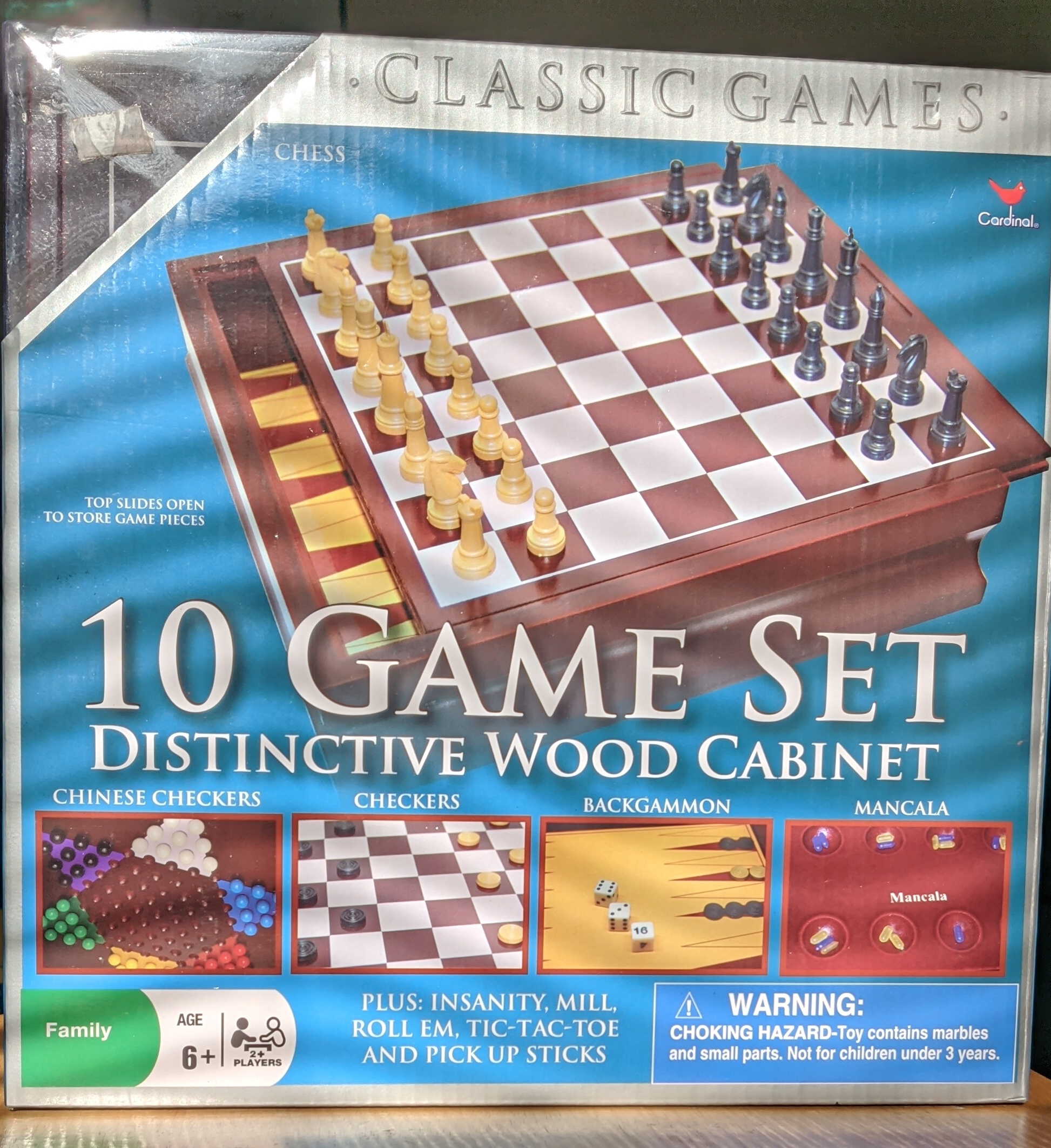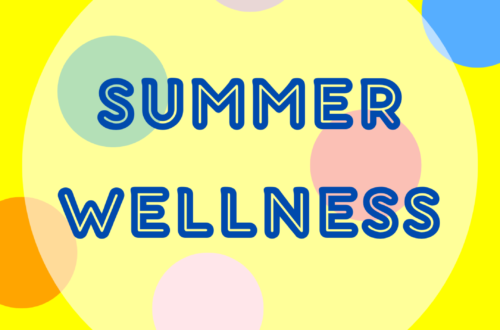
Accountability “Partners”–7 Ideas to Help You Reach Your Goals!
With the new year upon us, I am sure that many of us are setting new goals for our lives. Although not a solution for everything, having some type of accountability “partner” (this “partner” may not be a person per se) can help us all stay on track with making steps toward our goals. Below are some ways and suggestions to incorporate an accountability partner into your plans.
(FYI—There are no fancy pictures here, just what I hope are some helpful ideas. If you click on some on the included links, then you will see a nice variety of photos. Enjoy!)
1) Do you want to exercise more?
Find someone with a similar goal and plan to work out together. Schedule your exercise times like a date. You are much less likely to break a date with someone else than you are with yourself. If you don’t have a regular work-out schedule, make plans to take a walk or play pickle ball on a nearby court. Put it on your calendar. Once it is written down, you are more likely to follow through. If you don’t have someone with whom to exercise directly, make plans to keep each other updated with your plans and progress. Have regular progress updates together. Keep each other accountable. No one likes to tell someone that they didn’t follow through. (This, obviously, does not mean that you should lie.) Perhaps you and a friend can set challenges together and keep each other motivated whether it be walking a certain number of days weekly, daily push-ups, regular exercise class, etc. Encourage each other!
Perhaps join a class that meets on a regular basis such as a dance or yoga class. Get it on your calendar and enjoy being with a lot of the same people from week to week. When you start to know your classmates better, perhaps you can even make plans to meet outside of class. I have been taking a weekly dance class, and occasionally, we go out for coffee afterwards because we still enjoy each other’s company. (Plus, if we smell, we all smell together.)
2) Are you trying to eat a healthier diet?
If you are shopping for more than just yourself, write down your shopping list and tell the others in the house what will be and will NOT be on the list. Stick to the written list. It is ok to have some generic terms on the list such as “fruit” rather than “apples” so that if there are any good deals, you can act on them. (As a bonus, in-season produce tends to taste better and cost less.) Maybe even try something new! (I tried rambutans a few years ago. Have you ever heard of those?) If you see something on the shelves that is not on the list, before putting it in your basket, first ask yourself if you and anyone else would consider it a definitely “healthy” item. If not a clear “yes,” walk away and see if it really draws you back. Sometimes just getting some distance helps. It does not mean that you have no flexibility, but it does help decrease impulse buying
3) Are you trying to prepare more homemade healthy meals?
Post/write down/share with others what recipes or meals you plan for the week and when. Consider a menu board in your kitchen with some of the meals of the week. Have a plan in place. You don’t have to plan something for every day. Start with a plan for one or two homemade meals (preferably with the ability to have leftovers). You may want to check what is in your pantry/fridge/freezer before choosing the recipes and/or you may want to add specific items to your shopping list if you are about to go shopping. The items added to the list can be for meals in the next few weeks. I do suggest always having various types of frozen vegetables available. Those make for an easy addition to just about any meal. On the days that you plan to prepare a specific dinner, you may even consider putting some of the ingredients out on your counter as a reminder. (Obvious, only do this with items that you can keep out such as grains, pasta, canned beans, etc) Once that first step is in place, you may be more likely to continue going ahead with the meal when it is time to prepare it.
4) Do you want to learn something new?
Join a group. Become a “regular.” Years ago, I learned that my local library offered a program about foreign policy called “Great Decisions.” I KNOW that I would have never gone about learning about it on my own, but by joining this monthly discussion group, I have been learning a ton over the past few years. We have a book with specific readings for each session. Because it is a discussion based program, there is also the incentive to read the material so that you can more fully participate in the discussion.
Sign up for local programs through your park district, local library, schools, or any other local organizations. (I have attended interesting programs at local nature centers in the past such as the one in this link. Register, and KEEP YOUR SPOT! This may be a one time program or a series. Some programs have limited spots available, so if you sign up, use your spot and don’t let it go to waste. (Of course, sometimes things pop up, but still register.) Be an expected participant; be accountable to the group.
5) Do you want to read more?
Join a book club. Check to see if your library has a book club. (I know that my local library does have book clubs.) Are any of your friends in a book club? If so, ask to join. If you aren’t sure, ask on-line. (I try to limit time on social media, but it can be a good tool.) This isn’t school, so, if you don’t want to finish the book or are simply not enjoying what you are reading, it’s ok. You do NOT have to finish it. Saying that, if you have a deadline in place, you might be more inspired. If you are really enjoying the book, you also have the incentive to finish before your group meets so that no one ruins the ending! Perhaps there are on-line book clubs. I don’t see why there wouldn’t be. Get your name on the list. Mark the meeting date on your calendar. If others are expecting you, you’re more likely to follow through. As a bonus, you get to enjoy time with some really interesting people—old friends and potentially new ones.
6) Are you hoping to be more social with friends?
You can consider scheduling monthly get-togethers with someone. Make it a routine. Instead of just saying, “We should get together,” contact a friend and throw out some dates. Make it concrete. You are unlikely to find a date that works for everyone, so don’t make that the only possible option. Suggest a few dates that work for you, and see what happens.
7) Although I suggest limiting time on social media, as I mentioned earlier, it can be used as a tool.
Share your plans. (Do you really want one of your friends to ask you about something you posted, and then you say that you didn’t actually follow through?) Use it to find groups with similar goals and encourage each other, whether it be on-line, through calls, or through in-person get-togethers.
Although you certainly don’t have to share all of your goals and plans with anyone else, some of the above suggestions can help make you more accountable which will increase your chance of continuing to work towards your goals. There is no one best way to help you reach your goals, but having some type of accountability that isn’t just in your head may help encourage you to keep moving toward your goals, even when (especially when) you really aren’t inspired or “feeling it.” Keep working towards those goals! You can’t change the past, but you have a say in what happens in the days ahead!
Please share any thoughts, suggestions, or other insights that you may have. Let us all make this year a great one!





